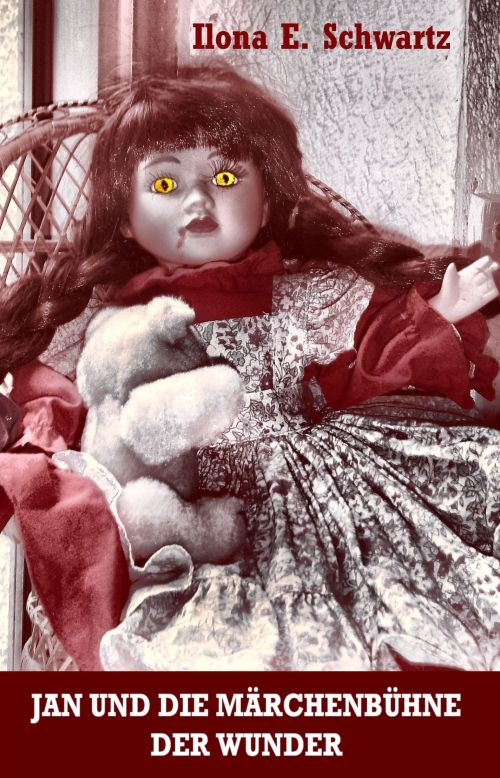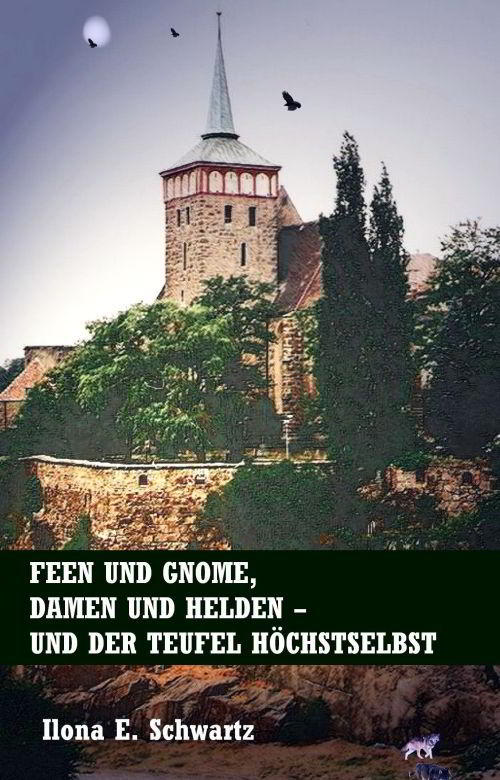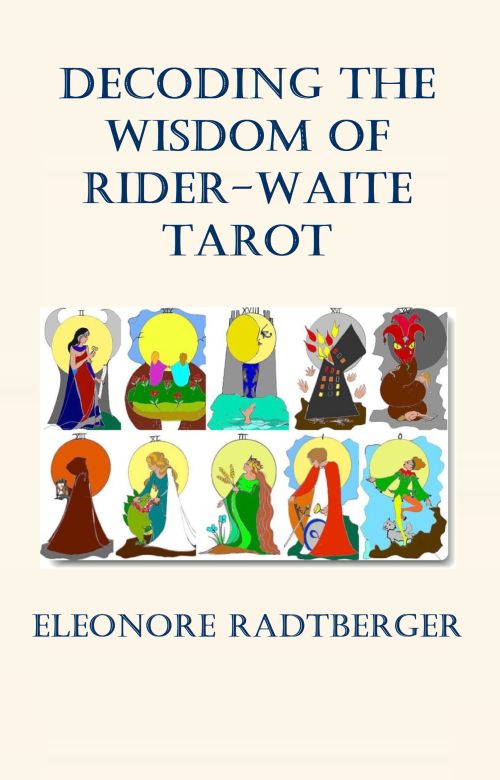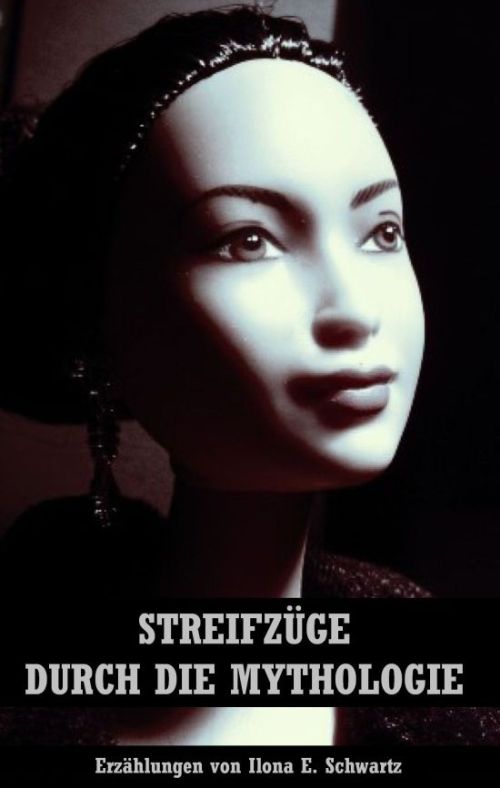
|
The flying jug of Timevalley
A fantastic story from another world
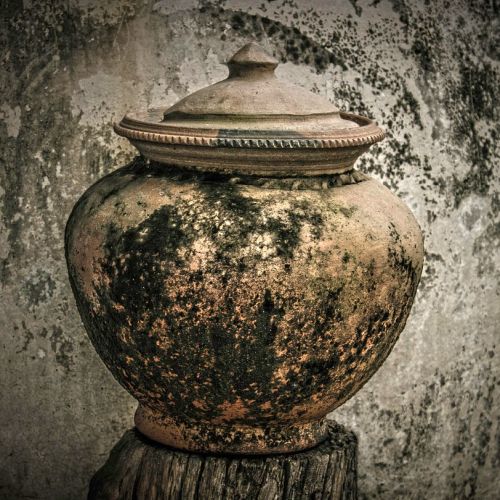
In a small, sleepy village called Timevalley, time seemed to have stood still. The people lived in a harmonious balance between work and leisure.
But one Thursday morning, something happened that turned the whole village upside down: an old, worn jug suddenly began to fly.
The jug belonged to old Mrs Williams, a legendary storyteller who often sat on the edge of the market square and read stories to the children. Williams was also known for her sense of humour and deep, philosophical anecdotes.
And so it was that morning that many people saw the jug rise from the table by itself and float through the air. It was a sight that amazed even the most sceptical of the villagers.
'It's a strange spectacle', exclaimed Frederick the baker as he worked with his dough. 'What does it mean?'
'Maybe the jug was trying to get out', laughed a little boy who had just stolen a biscuit.
The jug floated in gentle arcs over the rooftops of the village, as if it had a destiny of its own. To many it was a sign, but no one could interpret it. Some speculated that it was a supernatural phenomenon, while others thought it was just the jug having fun, as it had when they were young.
The village elder, Mr Bockman, a serious and thoughtful man, was convinced that the flying jug had a deeper meaning. He called the villagers together and asked them to think about what had happened. 'What if the jar is trying to tell us something?', he asked with a serious look on his face. 'What if it is reminding us that there is more to life than routine and duty?'
In the days that followed, the jug became the talk of the town. Every morning, people gathered around Mrs Williams to see the jug's latest flight. Each time it took to the air, it seemed to captivate people, who discussed what it might mean.
Teacher Jacob, a passionate thinker, said: 'Perhaps the jug is a metaphor for our own lives. It shows us that we can free ourselves from the heaviness of everyday life if only we have the courage to think differently.' He spoke of freedom of mind and the possibility of discarding old ways of thinking.
But not everyone agreed. Sceptical butcher Margreth muttered from behind her counter that it was all an illusion. 'Life is hard and nothing just flies into the sky!'
But one day, as the jug flew through the sky, something unexpected happened. The jug flew straight towards the house of the old watchmaker Hector, who was known to hold the secret of time. Unexpectedly, the jug landed softly on Hector's roof.
Hector, still full of energy despite his age, jumped up and climbed onto the roof to check on his new flying friend. As he approached the jug, lifted it up and examined it, he noticed an inscription on the bottom of the jug: 'Time is what we make of it.'
These words echoed through Hector's mind. He immediately began to think about what time meant to him. Was it just the ticking of a clock, or was it the experiences and memories we accumulate throughout our lives? He felt a deep realisation: perhaps it is the way we use time that truly shapes our lives.
Hector gathered everyone in the village square and told them about the inscription. 'What does time mean to you?', he asked, looking around. Some said it was the most precious thing we have. Others insisted that the best memories were hidden in the smallest moments: laughing with friends or spending time with family. Young Molly excitedly suggested that time was not linear, but an interplay of events that would shape us.
As the discussion continued, a common feeling emerged: the jug had made them all think about their own understanding of time. Perhaps the flying jug was not just a curious phenomenon, but a mirror of their own circumstances. An invitation to reflect on their perspectives.
And as they talked and laughed, the jug suddenly began to float again. This time it wasn't alone! The villagers joined hands, forming a chain as if to support the jug's flight. Together they floated through the air with the jug, like a carefree childhood memory that promised them freedom.
It was then that they realised the nature of the jug. It wasn't that it could fly, but that it made people think about their lives, relationships and experiences. They weren't just residents of Timevalley, but part of something bigger, bridging the space between days, hours and minutes.
Finally, the jug rested gently on Mrs Williams' table, where it all began. The villagers looked at it, then at each other, and in their hearts they felt a connection they had never known before. They had gained something precious: a new understanding of time and the preciousness of the moment.
The small village of Timevalley would never be the same again. The flying jug became a symbol of change and of being. And as the years went by, the people met regularly to tell each other stories. Stories of life, of freedom, and of a flying jug that had taught them to appreciate time in all its facets. In this way, an unusual event became a philosophical journey that would never end.
© "The flying jug of Timevalley": A fantastic story from another world, written by Izabel Comati (German: "Der fliegende Krug von Zeithain"), 04/2025. Photo credit: Old jug, CC0 (Public Domain Licence).
– Suesskind of Trimberg, the Jewish troubadour
– Book Recommendation: Unrelenting. A World War II Story
– Roses from our garden: the dog rose and the rosehip hedge
Discover more articles! Use the search function:
English archive:
More reviews, book presentations and essays
2024/2025
German archive:
2024 |
2023 |
2022 |
2021 |
2020 |
2019 |
2018 |
2017 |
2016 |
2015 |
2014 |
2013 |
2012 |
2011 |
2010 |
2009
Become a writer for Pressenet! Write articles for our online magazine on trending topics such as best books to read, health and wellness, technology and gadgets, business and finance, travel and tourism, lifestyle and fashion or education and career. Info: Become an author
Sponsors and investors are welcome: If you found our articles interesting, we would be grateful for a donation. Please also recommend us to your networks. Thank you very much!
Sitemap About Privacy Policy RSS Feed
